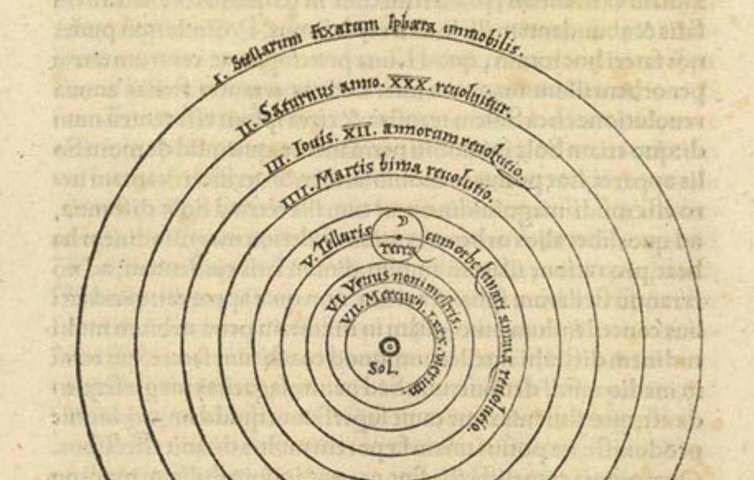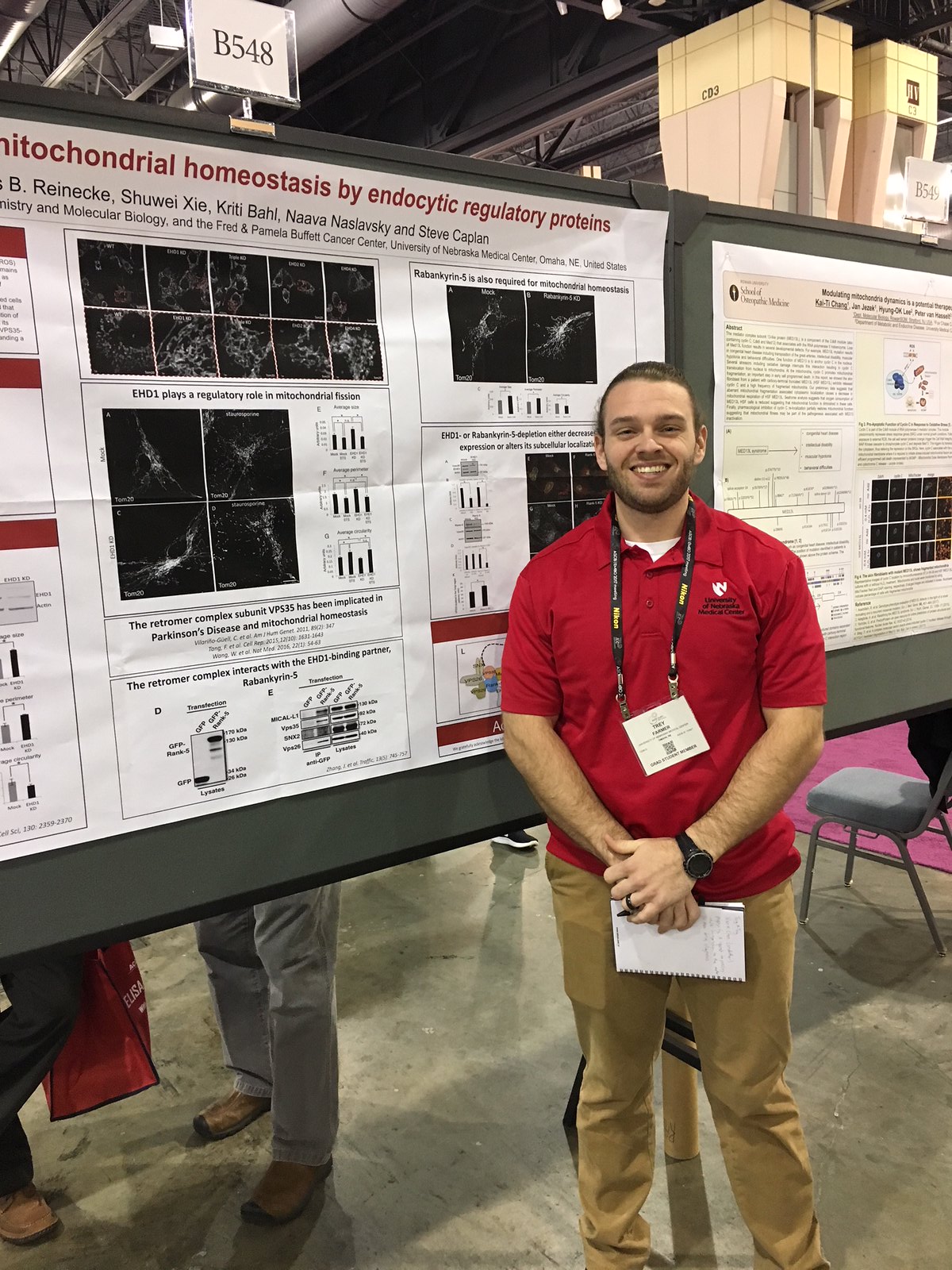This is NOT the America I know
I am an American by birth, although until the age of 34, I never lived in the United States except as a baby. Thus, I am here by choice. And I am saddened by what Donald Trump has done to this country—because this is NOT the America I know.
I did not choose Donald Trump. I did not choose his “Shithole version of America.” I did not choose his overt racism and bigotry. I did not choose his favorable attitude to white supremacists. I did not choose his incessant and often ridiculous lies. I did not choose his narcissistic ways and complete lack of empathy for anyone other than himself. I did not choose his cruelty. I did not choose his personal attacks on individuals from the office of the president. I did not choose his inherent bullying nature. I did not choose his crudeness or vulgarity, and his attacks on women and their appearance. I did not choose his attacks on Mexicans or Haitians, and I did not choose his contempt for African American sports stars. I did not choose his failure to understand the constitution. I did not choose his failure to comprehend the meaning of free speech. I did not choose his attacks on the press. I did not choose his ignorance, his lack of morality, his complete inability to grasp complex concepts, and his non-existent attention span. I did not choose his bragging. I did not choose his cronyism. I did not choose his corruptness. I did not choose his nepotism. I did not choose his tendency to make every issue, first and foremost about himself. I did not choose the way he brings out the very worst in the people of this country. And most importantly, the majority of American voters did not choose Donald Trump.
It is necessary for me to reassure myself, and explain what I DID choose, and why I did come back to the United States for my adult life. Trump’s America is NOT the America that I see. I chose a country that rewards hard work and sacrifice. I chose a country where people are respected for their work ethic (regardless of their job) and their kind behavior to others. I chose a country made up of immigrants and sons and daughters of immigrants from around the globe. I chose a country where people are equal before the law, and where all are free to practice their own religions or belief systems (as long as they do not impose them or interfere with the rights of others). I chose a country of tolerance. I chose a country where my children went to a multi-cultural pre-school with children from a variety of nations and religions, who had every conceivable shade of skin color, and diversity was celebrated. I chose a country where science was encouraged and respected. A country that other countries worried would attract their best people and cause a brain-drain. I chose a country filled with people who are the most philanthropic in the world. I chose a country that respects the rule of law, the court system, and judges. A country that has and respects a free press. I chose a country that sends aid to less fortunate countries and people, a country that helps other countries when they have crises, national disasters, and refugees. I chose a country whose people are courteous, kind and helpful.
I never considered any of the reasons for my choosing the United States to be partisan, relating to one party or another. I always considered these reasons as values held by and large by the majority of Americans; I STILL do. It’s time for the people of this country to unite—not regarding political issues such as taxes and healthcare and other legitimately debatable issues—but on one very specific point: the ignorant, malevolent, narcissist in the White House, Donald Trump, is concerned only with his own immediate gratification and self-adulation. All good people in this country must unite to reject the degradation of the presidency and the ruination of American values and morals, and everything that is good in this nation.





 It has now been a full year since the elections that brought a morally reprehensible person into the White House. By now, any remaining negligible hope that the man who was elected president might “pivot” and show even a semblance of the type of moral leadership expected from the holder of this position has drowned in the swamp that he so hypocritically vows to drain.
It has now been a full year since the elections that brought a morally reprehensible person into the White House. By now, any remaining negligible hope that the man who was elected president might “pivot” and show even a semblance of the type of moral leadership expected from the holder of this position has drowned in the swamp that he so hypocritically vows to drain.